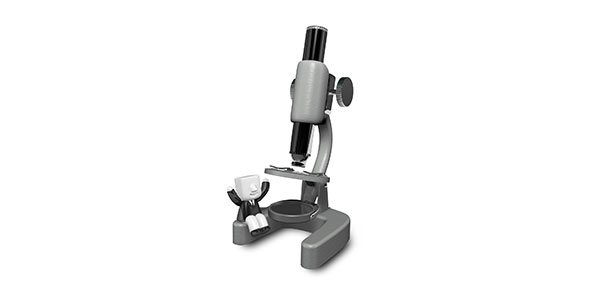Related Flashcards
Related Topics
Cards In This Set
| Front | Back |
|
Determinism
|
The first canon of Science. The idea that the universe isn't random and that there is order.
|
|
Empiricism
|
The second canon of Science. The best way of figuring out these orderly principles is by collecting data and making observations.
|
|
Parsimony
|
The third canon of Science. The idea that if there are two competeing theories that successfully do a good job at explaining a set of empirical observations, we should choose the simpler of the two.
|
|
Testability
|
The fourth canon of Science. The idea that a scientific theory must be tedtable
|
|
The Scientific Method
|
HOMER: Hypothesize, Operationalize, Measure, Evaluate and Replicate/revise/report.
|
|
Descriptive Studies
|
Studies that involve observing and classifying behaviour.
|
|
Naturalistic Observation
|
A type of descriptive study where the observer naturally observers behaviour without altering it.
|
|
Participant Observation
|
When the observer is involved in the situation being studied.
|
|
Correlational Studies
|
Does not involve any manipulation. You look at two variables and see if there is any relationship between the two variables.
|
|
Third variable problem (assoc. with correlational studies)
|
The third variable problem refers to the fact that there may bw some other variable that we haven't considered that may be causing changes in A and B variables.
|
|
Directionality problem (assoc. with correlational studies)
|
When we can't say whether A is causing B or B is causing A.
|
|
Independent Variable
|
Variable that is being manipulated in a study in order to see its impact on the dependent variable.
|
|
Dependent variable
|
What is being measured in order to see how it is affected by the independent variable.
|
|
Confound
|
Anything that may unintentionally vary along with the independent variable.
|
|
The Hawthorne Effect
|
Whether or not the experimentees are aware that they are being observed or not.
|








